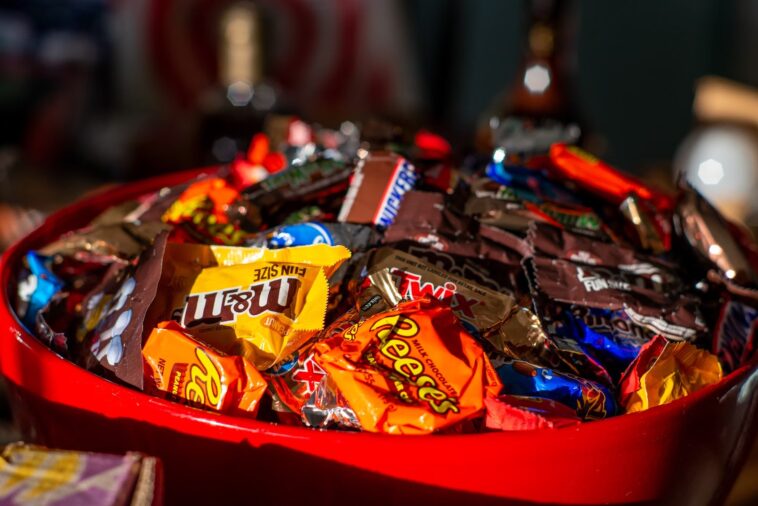A candy company going bankrupt the week before Halloween might sound like something out of a nightmare, but it’s the reality for CandyWarehouse.com, a Texas-based online candy distributor that filed for Chapter 11 bankruptcy protection just one week before the sweetest holiday of the year.
The company, based in Sugar Land (yes, really), has been a go-to source for bulk candy since 1998, serving hotels, hospitals, zoos, theme parks, and party planners across the U.S. But this October, the family-run business found itself struggling to keep the lights on after a sharp drop in revenue.
Court filings show Candy Warehouse listed between $100,000 and $1 million in assets and $1 million to $10 million in liabilities when it filed in the U.S. Bankruptcy Court for the Northern District of Texas on October 24.
According to data from analytics firm Grips Intelligence, the company’s online sales fell 20% over the summer months, with its annual revenue expected to drop by as much as 50% by the end of 2025. That’s an unsustainable drop for a business that pulled in around $4.5 million in 2024.
Still, August gave a small glimmer of hope – Candy Warehouse brought in just over $203,000 in revenue from 2,030 transactions, outperforming several rivals like AllCityCandy and OldTimeCandy, though it still trailed behind another competitor, CandyFavorites.com.
The exact cause of the company’s decline is unknown, but rising wholesale costs, inflation, and shifting online habits have been hitting other small retailers hard this year.
Founded as a woman-owned, minority family business, Candy Warehouse built its name on a freshness guarantees and an enormous catalog of over 6,000 products. The site stocked everything from M&M’s and Japanese gummies to cotton candy, sodas, popcorn, and themed holiday bundles. The company prided itself on keeping operations in-house – no outsourcing, no stale candy or clearance leftovers. Now it’s hoping bankruptcy protection will give it time to restructure debt and stabilize operations before it melts completely.
Unfortunately, Candy Warehouse not the first U.S. based brand to buckle this season. In just the past few months, Joe’s Crab Shack, Fossil, and several restaurant groups have filed for similar protection amid rising labor costs, tariffs, and post-pandemic debt loads.
For Candy Warehouse, the irony is hard to ignore; a business built on sugar crashing during Halloween week.

